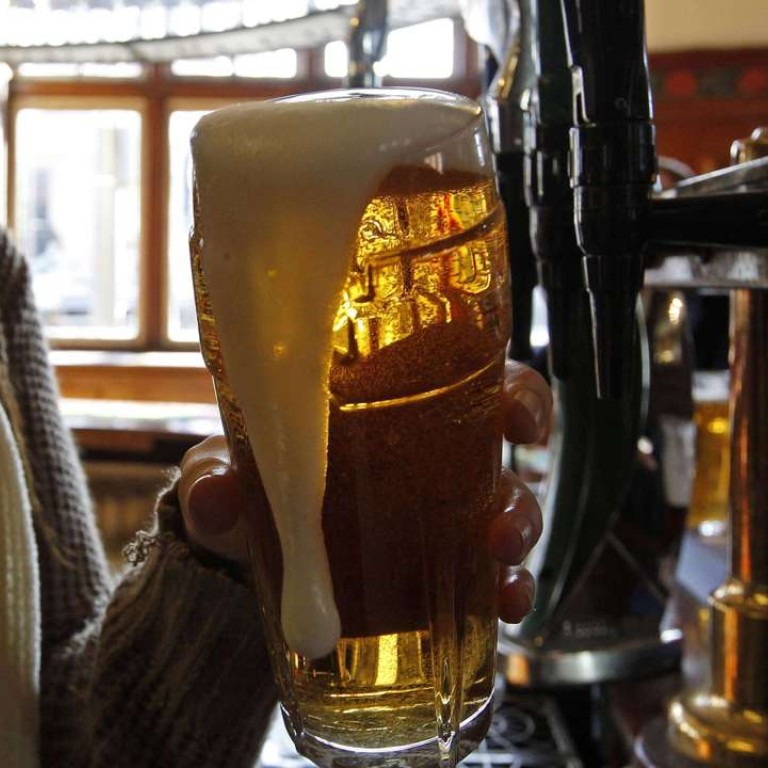
Act quickly to end the scourge of underage drinking
The government is investigating how to regulate the sale of alcohol to youngsters in retail sites without liquor licences, but must not delay
It takes only a brief search of the South China Morning Post’s archives to show that underage drinking is not a recent problem. In one week in 1993, we reported that it could no longer be seen as just a problem with expatriate minors and a local lawmaker called for an urgent meeting with relevant government departments. The most recent entries show that some children these days start drinking just as young as they did then – at nine or 10 – and that they buy alcohol from the same unregulated outlets, such as supermarkets and convenience stores and from bars and clubs in flagrant violation of the law.
Now a survey by Polytechnic University’s School of Nursing has found that 38 per cent of the 840 Form Three students from six secondary schools interviewed have drinking experience dating back on average to just under 11 years of age. Peer influence was identified as a key factor. Students with friends who drank were almost 33 times more likely to drink alcohol than those without such friends.
This has prompted renewed calls for stricter and wider enforcement of the legal drinking age of 18. They should be heeded, starting with a proof-of-age registration card for over-18s and no excuses for failing to demand it. There is no sensible reason why regulation of adolescent consumption of alcohol should be more liberal than the blanket ban on the sale of cigarettes to under-18s.
There is not space to go into the sobering details of the perils of underage drinking. To start with, the survey found that those who drank were nearly five times more likely to develop school behavioural problems, such as absenteeism or refusal to submit homework. Doctors warned that it could cause irreversible brain damage, inhibit learning abilities and hamper development of the nervous system at its most crucial stage. And that is not to mention the social and economic cost of subsequent adult alcohol addiction.
Perversely, the law forbids bars and licensed restaurants from selling alcohol to under-18s, but not other retail sites such as supermarkets and convenience stores.
To their credit, some of the latter act responsibly and do not sell to minors, in line with the 90 per cent of countries around the world, according to Dr Mak Sin-ping from the College of Community Medicine. Health minister Dr Ko Wing-man says the government is investigating how to regulate the sale of alcohol to youngsters in retail sites without liquor licences. That is good. It should not take too long to transform talk into action.

